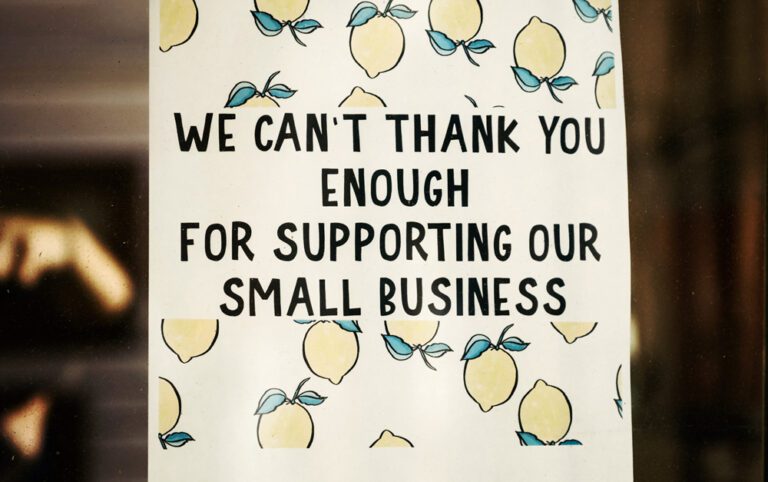African nations find themselves grappling with the complexities of trade sanctions and embargoes. Recently the United States has targeted individual sanctions in place for nine sub-Saharan countries: Burundi, Central African Republic, Cote d’Ivoire, Democratic Republic of Congo, Eritrea, Somalia, Sudan, South Sudan, and Zimbabwe.
While trade sanctions and embargoes are tools of economic coercion and diplomatic pressure, understanding their distinct applications and implications is pivotal for businesses and governments navigating the global economic landscape.
Unfortunately, Financial embargoes and sanctions impose restrictions on financial transactions and investments, which include freezing assets, limiting access to financial markets, and prohibiting investment activities, thereby affecting the nation’s economy
And in view of all these, African nations are fighting hard to make their economies great, raising the same question. how do they navigate through these trade sanctions and embargoes?
Since 2001, it is estimated that Zimbabwe has lost over $150 billion through frozen assets, trade embargoes, export and investment restrictions from potential bilateral support, development loans, International Monetary Fund (IMF) and World Bank balance of payments support and commercial loans, but despite all these Zimbabwe has managed to see the light of the day. For instance, Zimbabwe’s Gross Domestic Product has risen from US$20 billion to US$40 billion in the past five years, far greater than so many other countries without sanctions in the world. According to Zimbabwean economists, Zimbabwe is enjoying the fruits of its bold policy reform measures to transform its economy, guided by the short-term Transitional Stabilization Programme and National Development Strategies that continue to yield positive results.
Additionally, to shield themselves from the adverse effects of sanctions, African nations strategically diversify their trade relationships by expanding partnerships beyond the sanctioned regions. For instance, after DRC was sanctioned by the USA, DRC collaborated with Russia to facilitate its trade, which saw, Russia exporting $1.48M and importing $22.2k from the Democratic Republic of Congo, resulting in a positive trade balance of $1.45M.
In light of the challenges as mentioned earlier, African countries have started merging Regional collaborations to pool resources, share expertise, and collectively respond to the challenges posed by sanctions. Among the notable regional collaborations is The East African Community (EAC) with 6 Partner States: the Republic of Burundi, Kenya, Rwanda, South Sudan, Uganda and Tanzania forgetting The Southern African Development Community (SADC) whose headquarters is in Gaborone, Botswana and comprises of several countries including Zimbabwe which have benefited a lot from reduced customs duties and other barriers to trade on imported products among the SADC Member States.
In conclusion, the navigation of trade sanctions and embargoes is a massive challenge for African nations and their traders. Through binding of Trade Relationships, introduction of policy reforms and merging Regional collaborations, these nations can not only weather the storm of sanctions but also emerge stronger and more resilient in the face of an ever-changing global economic landscape.






